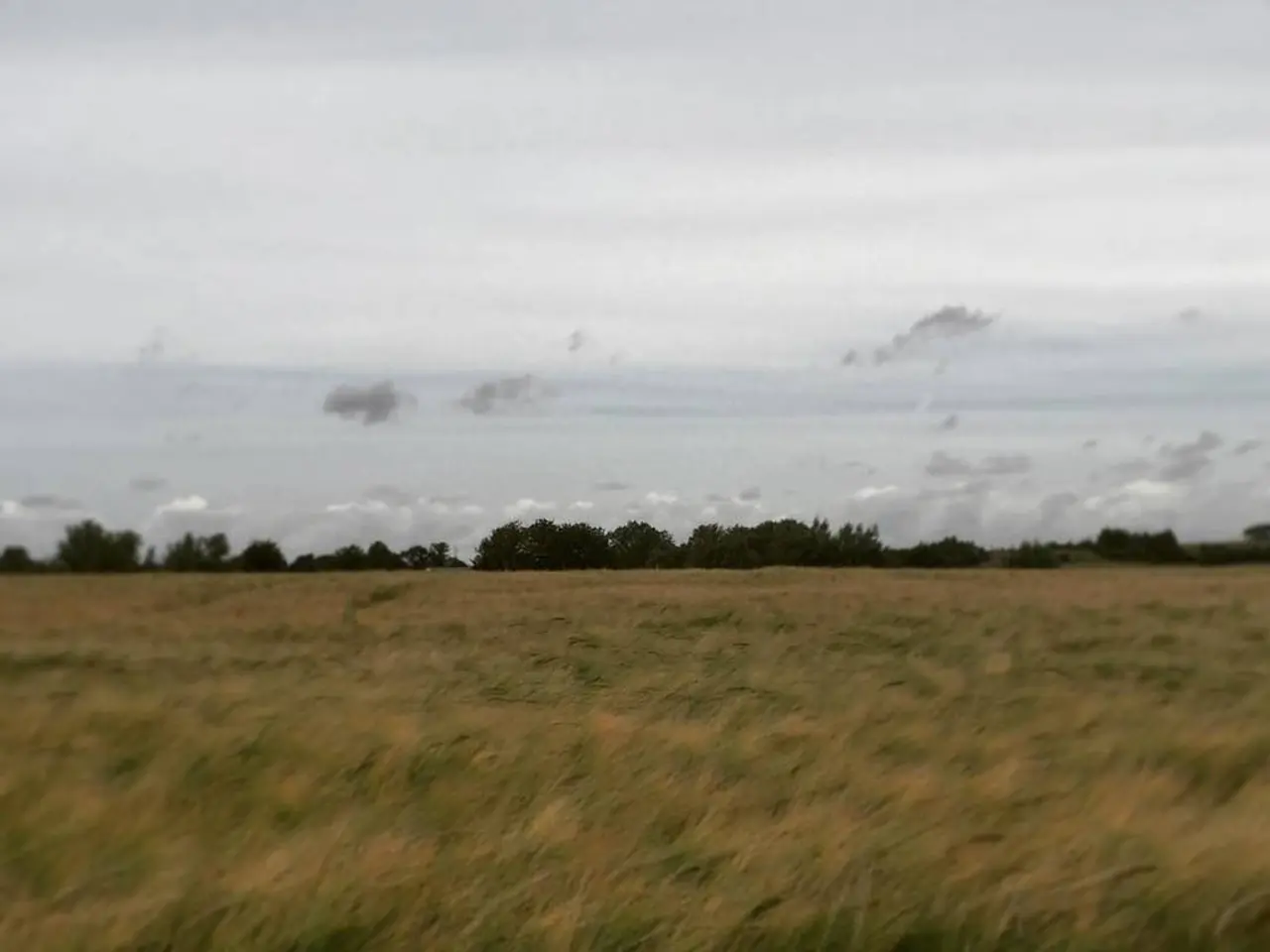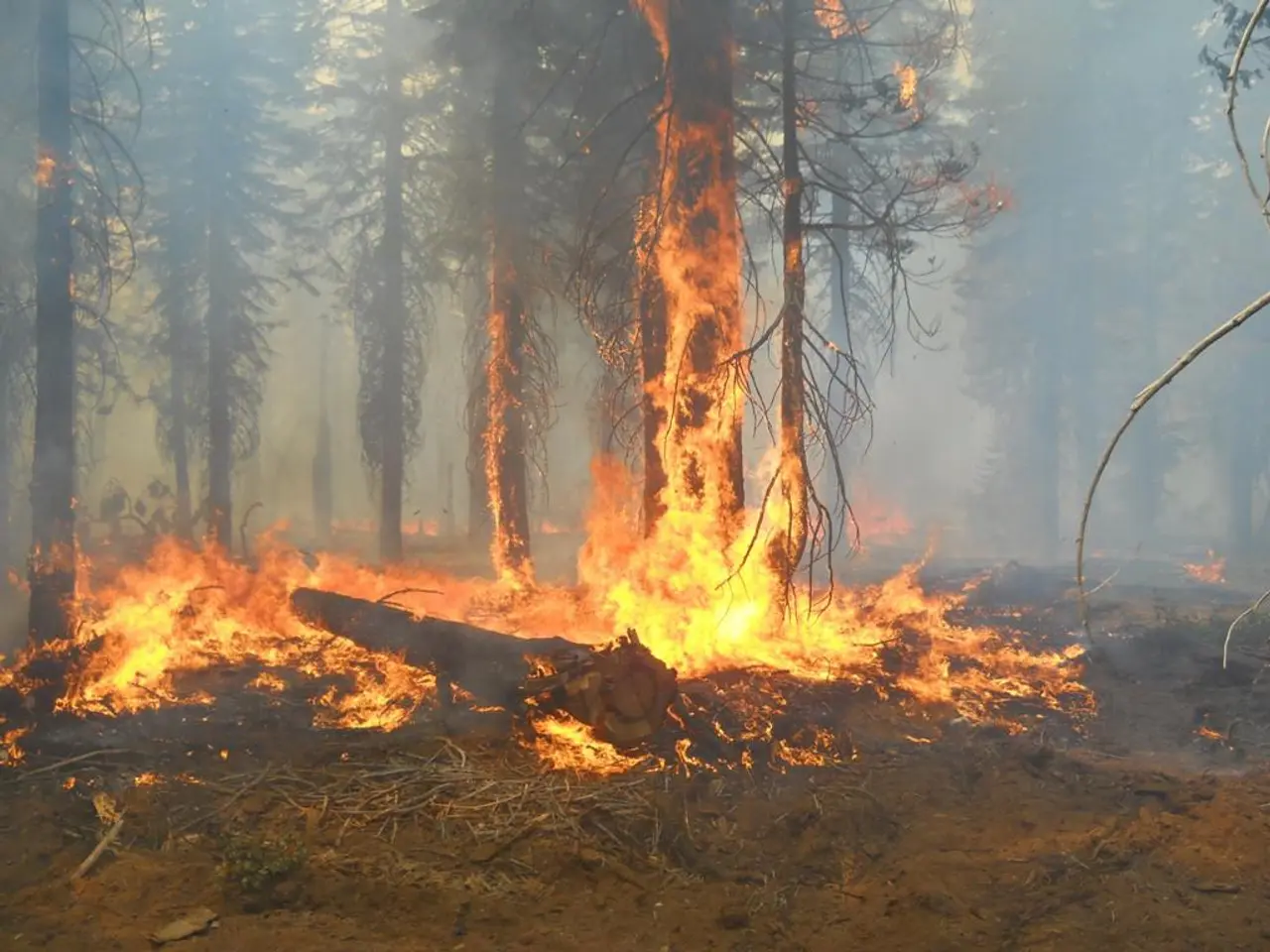Intense drought hits Bremen and Lower Saxony
The ongoing exceptional drought in Bremen and Lower Saxony is causing severe implications for agriculture, gardens, and water usage. While some nearby regions like Saxony may see relief with increased rainfall and humidity, the situation in Bremen and Lower Saxony remains challenging.
Current Forecasts
While specific forecasts for Bremen and Lower Saxony are limited, the broader regional trend shows drought stress, especially affecting river and groundwater levels. For nearby regions like Saxony, the German Weather Service (DWD) predicts an influx of humidity and increased rainfall, which could potentially ease drought conditions. However, these are localized and may not fully translate to Bremen and Lower Saxony yet.
Impacts on Agriculture and Gardens
Prolonged drought reduces soil moisture critical for crops and garden plants, causing stunted growth, lower yields, and increased plant stress. Water restrictions and depletion of reservoir and groundwater sources limit irrigation possibilities, exacerbating stress on farmers and gardeners. Exceptional drought can also lead to soil degradation and increased vulnerability to pests and diseases.
In northern Germany’s Lower Saxony and Bremen, agriculture-dependent sectors such as cereal, vegetable, and grasslands for livestock are particularly sensitive to water deficits. The Herrenhäuser Gardens in Hannover, for instance, use more than one million liters of water daily to maintain their plant diversity.
Water Usage Implications
Municipal and agricultural demands strain limited water supplies, prompting possible restrictions or bans on non-essential water use such as garden watering. Low river levels impact not only ecosystems but also water intakes for industry and households. Any significant rainfall expected regionally could bring temporary relief but is unlikely to fully reverse drought impacts immediately.
Water Management Policies
The Lower Saxony State Office for Water Management reported on the basic availability of sufficient water. The Helmholtz Center for Environmental Research provided a statement about the soils and the coming months, but the current condition remains unforeseeable. Farmers and gardeners are currently watering many areas to prevent plants from drying out.
Officials recognise the urgency of social and environmental climate policies as climate change effects are intensifying drought episodes in Germany. The UFZ states that a drought does not always mean a drought from an agricultural or meteorological perspective.
In sum, the exceptional drought in Bremen and Lower Saxony is imposing serious stress on agricultural productivity, garden health, and water resource availability. Although some nearby regions have prospects for rainfall providing short-term relief, long-term impacts of climate change and drought persistence necessitate continued monitoring and adaptive water management policies.
Radio Bremen and environmental-science experts are closely monitoring the ongoing drought in Bremen and Lower Saxony, as it continues to impact agriculture and gardens severely. The science community is concerned about the long-term implications of climate-change on drought stress in the region, particularly affecting river and groundwater levels. While weathers in nearby regions like Saxony may improve with increased rainfall and humidity, the weather forecast for Bremen and Lower Saxony remains debilitating.








